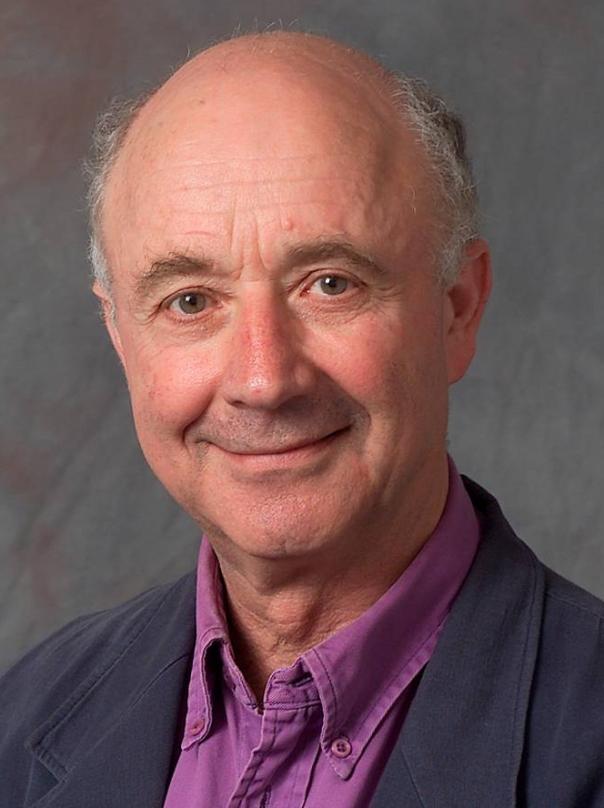Dental and nutrition experts urge cutting sugar in diet by more than half

The recommended target for sugar in our diet should be cut massively from the current guideline maximum of 50g to fewer than 25g, according to a joint research project by University College London and the London School of Hygiene & Tropical Medicine.
The study authors warn of the rising cost of treating tooth decay, obesity and diabetes if the issue is not addressed and propose targeting school and hospital meals and the introduction of a sugar tax as part of a planned response.
Professor Aubrey Sheiham, Emeritus Professor of Dental Public Health (UCL Epidemiology & Public Health), said: “Current guidelines from the World Health Organisation (WHO) set a maximum of 10% of total energy intake from free sugars, with 5% as a ‘target’.
“This equates to around 50g of free sugars per day as the maximum, with 25g as the target. The latest research suggests that 5% should be the absolute maximum, with a target of less than 3%.
“Tooth decay is a serious problem worldwide and reducing sugars intake makes a huge difference in reducing the significant financial and social burdens of tooth decay,” said study author Professor Sheiham.
The authors recommend a series of radical policy changes to reduce sugar consumption.
“Our top priority is not to allow the idea of a magic single bullet to solve the problem to be developed,” says co-author Professor Philip James, Honorary Professor of Nutrition at the London School of Hygiene & Tropical Medicine and past President World Obesity Federation (formerly IASO).
“A fundamental aspect of public health planning is to develop society wide measures which impact on the health of the whole community. There now needs to be an explicit revision of population dietary goals as it relates to every aspect of government policy.
“We need to make sure that use of fruit juices and the concept of sugar-containing treats for children are not only no longer promoted, but explicitly seen as unhelpful.
“Food provided at nurseries and schools should have a maximum of free sugars in the complete range of foods amounting to no more than 2.5% of energy.
“Vending machines offering confectionary and sugary drinks in areas controlled or supported financially by local or central government should be removed.
“We are not talking draconian policies to ‘ban’ such sugar-rich products, which are available elsewhere, but no publicly-supported establishment should be contributing to the expensive problems of dental caries, obesity and diabetes.
“The food industry should be told that they should progressively reformulate their products to reduce or preferably remove all the sugars from their products.
“New food labels should label anything above 2.5% sugars as ‘high’. Given the politics of big business, the most governments may do is to reduce the limit from 10% to 5% but our paper suggests that it should be 2.5%.
“A sugars tax should be developed to increase the cost of sugar-rich food and drinks. This would be simplest as a tax on sugar as a mass commodity, since taxing individual foods depending on their sugar content is an enormously complex administrative process.
“The retail price of sugary drinks and sugar rich foods needs to increase by at least 20% to have a reasonable effect on consumer demand so this means a major tax on sugars as a commodity. The level will depend on expert analyses but my guess is that a 100% tax might be required.”
The study, published in the open-access journal BMC Public Health, analysed the effect of sugars on dental caries, also known as tooth decay. They show that sugars are the only cause of tooth decay in children and adults.
